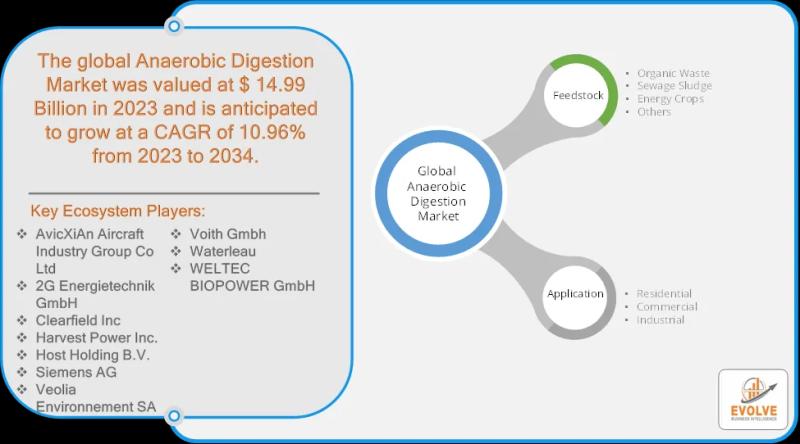Sustainable Aviation Fuel shows promise in reducing CO2 emissions from jet fuel
Aviation, specifically jet fuel, is a huge contributor to global CO2 emissions. With public and governmental pressure on the rise, airlines are looking for environmental fuel options.

Aviation accounts for 2.5% of global carbon dioxide emissions, and this number is only expected to grow in the coming years. Recognizing their disporportionate impact on global warming, most major airlines have made commitments to reach net-zero emissions by 2050. How are they hoping to achieve this?
By using Sustainable Aviation Fuel, or SAF.
Made from bioproducts such as lumber, agricultural waste, and algae, SAF has the potential to revolutionize the aviation industry. Bioproducts absorb carbon dioxide during their lives. When burned, they emit this same CO2, creating a net-zero emissions process.
One of the major advantages of SAF is that it can be directly swapped for conventional fuel. Airlines can continue using their existing planes, and they can gradually increase the percentage of SAF in the jet fuel blend as SAF becomes more widely available.
While this creates a rosy picture of sustainable flight, the reality is much more complicated. SAF fuels sources are currently limited, and production options are nowhere near market-scale. As airlines clamor to meet to government regulations, the limited quanities of SAF have caused prices to soar. SAF is currently 4x as expensive as conventional fuel, meaning many airlines simply cannot afford it. Additionally, changing land use to dramatically scale up bioproduct growth would have huge effects on climate change that could negate many of the benefits SAF provides. As such, it will take serious and dedicated investment on the part of governments, airlines, environmental startups, and oil companies for SAF to become industry standard.
What is Your Reaction?
 Like
0
Like
0
 Dislike
0
Dislike
0
 Love
0
Love
0
 Funny
0
Funny
0
 Angry
0
Angry
0
 Sad
0
Sad
0
 Wow
0
Wow
0
















































































